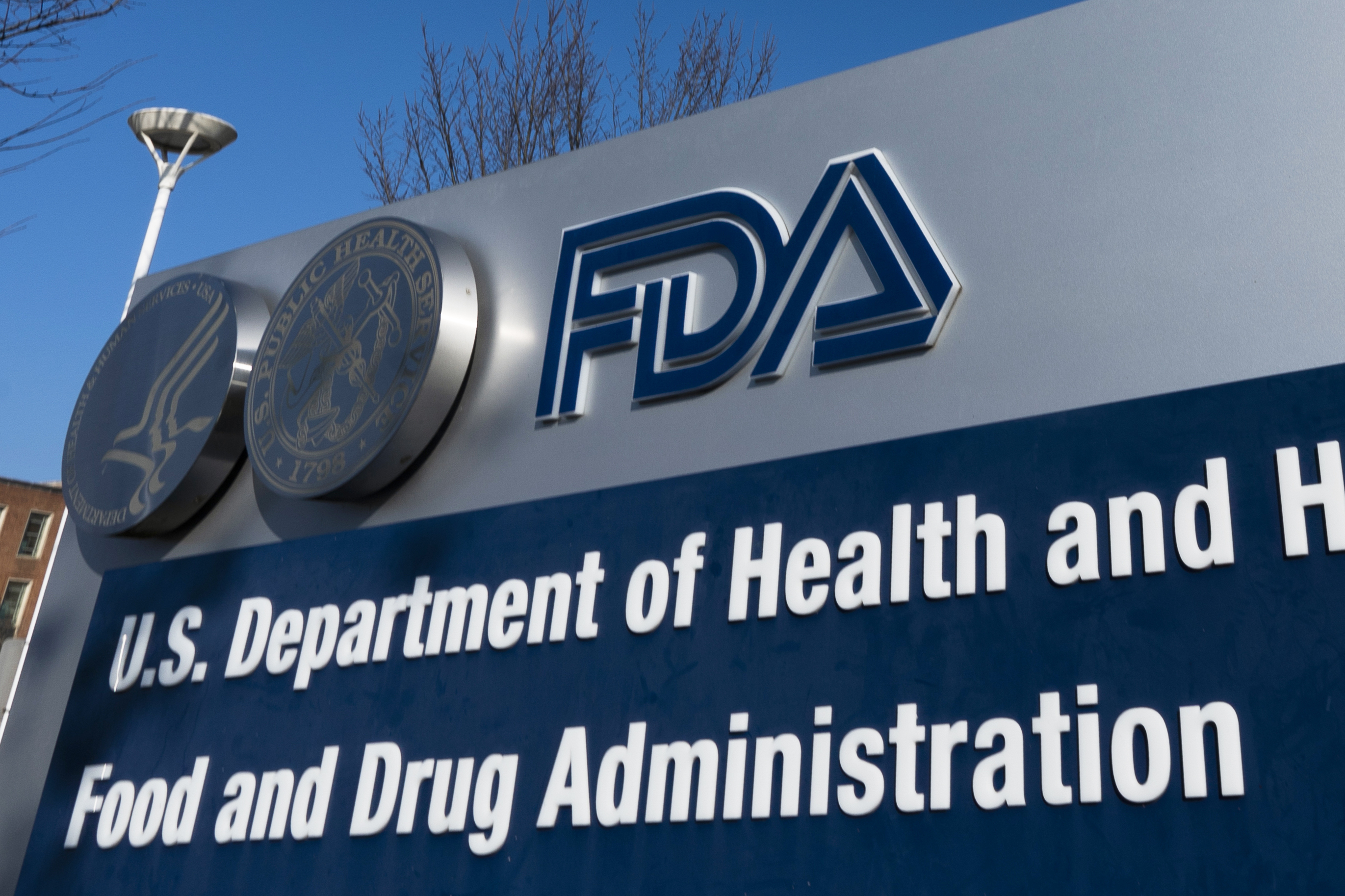
The U.S. Meals and Drug Administration’s accelerated approval program is supposed to present sufferers early entry to promising medication. However how usually do these medication truly enhance or lengthen sufferers’ lives?
In a brand new examine, researchers discovered that the majority most cancers medication granted accelerated approval don’t reveal such advantages inside 5 years.
“5 years after the preliminary accelerated approval, it is best to have a definitive reply,” mentioned Dr. Ezekiel Emanuel, a most cancers specialist and bioethicist on the College of Pennsylvania who was not concerned within the analysis. “1000’s of individuals are getting these medication. That appears a mistake if we don’t know whether or not they work or not.”
This system was created in 1992 to hurry entry to HIV medication. Right this moment, 85% of accelerated approvals go to most cancers medication.
It permits the FDA to grant early approval to medication that present promising preliminary outcomes for treating debilitating or deadly ailments. In change, drug firms are anticipated to do rigorous testing and produce higher proof earlier than gaining full approval.
Learn Extra: Why Are So Many Younger Individuals Getting Most cancers? It’s Difficult
Sufferers get entry to medication earlier, however the tradeoff means a number of the medicines don’t pan out. It is as much as the FDA or the drugmaker to withdraw disappointing medication, and typically the FDA has determined that much less definitive proof is sweet sufficient for a full approval.
The brand new examine discovered that between 2013 and 2017, there have been 46 most cancers medication granted accelerated approval. Of these, 63% had been transformed to common approval despite the fact that solely 43% demonstrated a medical profit in confirmatory trials.
The analysis was printed within the Journal of the American Medical Affiliation and mentioned on the American Affiliation for Most cancers Analysis annual assembly in San Diego on Sunday.
It is unclear how a lot most cancers sufferers perceive about medication with accelerated approval, mentioned examine co-author Dr. Edward Cliff of Harvard Medical Faculty.
“We elevate the query: Is that uncertainty being conveyed to sufferers?” Cliff mentioned.
Medication that acquired accelerated approval will be the solely possibility for sufferers with uncommon or superior cancers, mentioned Dr. Jennifer Litton of MD Anderson Most cancers Heart in Houston, who was not concerned within the examine.
It’s necessary for docs to rigorously clarify the proof, Litton mentioned.
“It could be shrinking of tumor. It could be how lengthy the tumor stays steady,” Litton mentioned. “You may present the information you’ve gotten, however you shouldn’t overpromise.”
Congress lately up to date this system, giving the FDA extra authority and streamlining the method for withdrawing medication when firms don’t meet their commitments.
The adjustments enable the company “to withdraw approval for a drug authorised beneath accelerated approval, when acceptable, extra shortly,” FDA spokesperson Cherie Duvall-Jones wrote in an e mail. The FDA can now require {that a} confirmatory trial be underway when it grants preliminary approval, which hastens the method of verifying whether or not a drug works, she mentioned.



